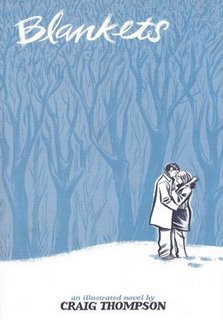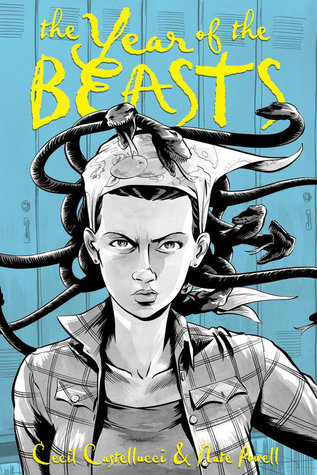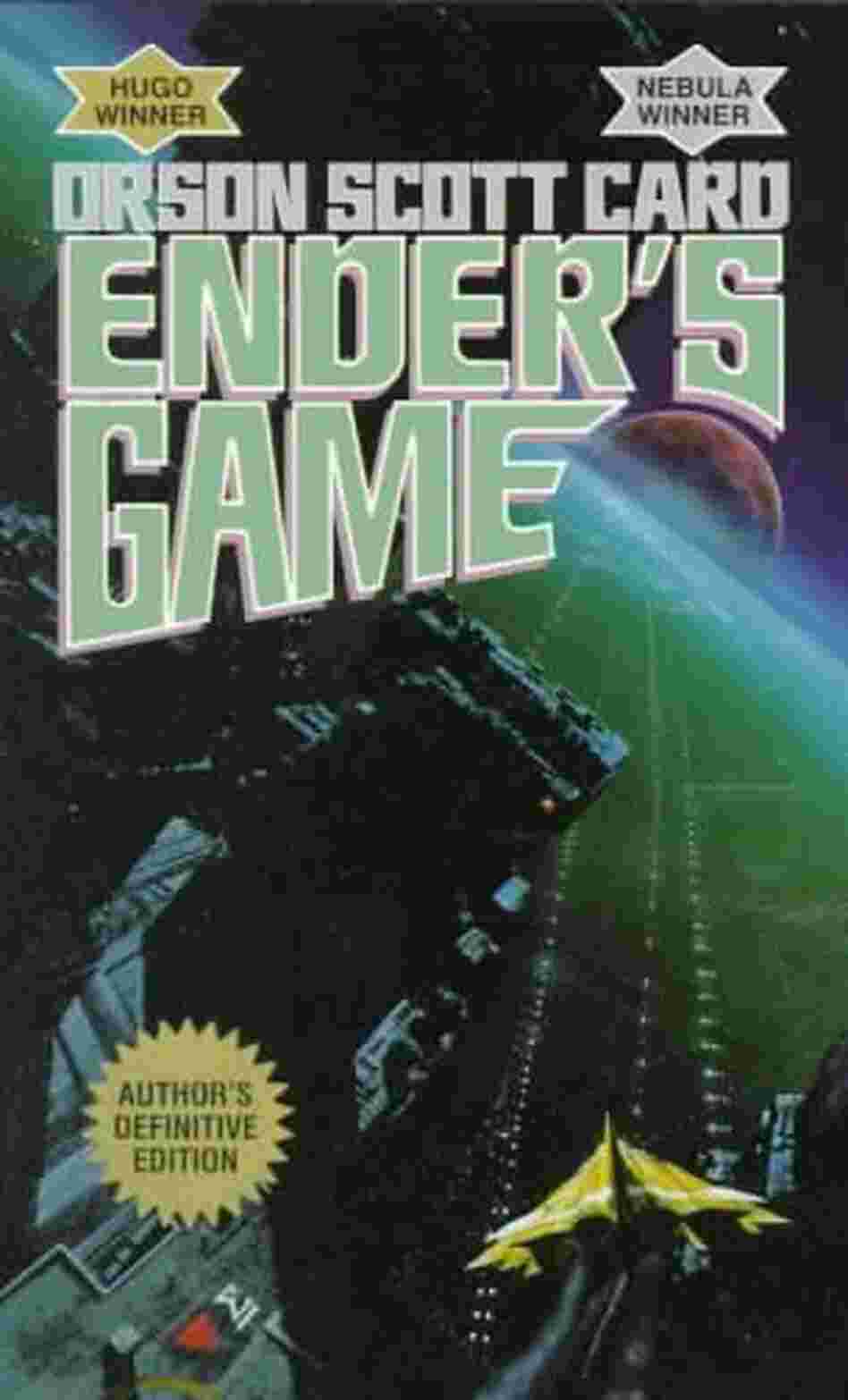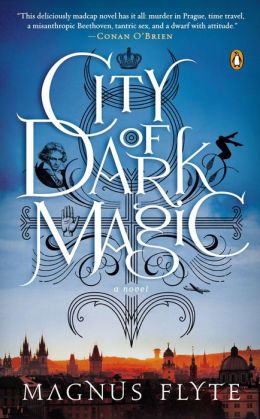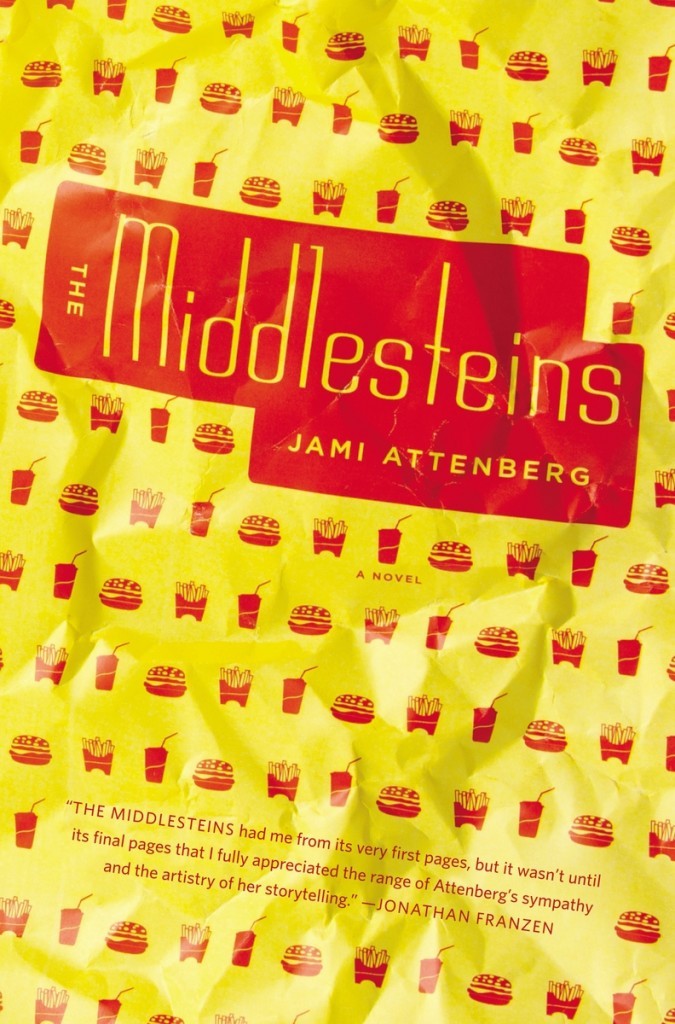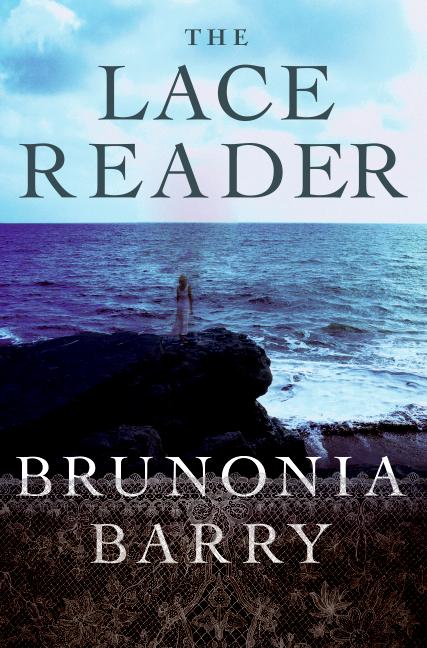The Ocean at the End of the Lane - Neil Gaiman
2013
To be completely honest, I was rather disappointed with this book. I suppose part of it may be due its hype of being the new Neil Gaiman book, plus, I suppose, the hype of Gaiman himself, because I definitely expected better. Admittedly, the only other book of his I've read was
Coraline, and that was years ago and also for children, but I'm aware of him and his works and I guess I just expected better, particularly as this is billed as an adult book, though between the language and content, I'm not really sure why. I could see this better placed as
YA--it's not like they'd lose the adult market anyway.
Basically, a middle-aged man, returns to his childhood home and flashesback to his
childhood, specifically an incident that occurred when he was seven
years old. As child, a man boarding in his family home kills himself
which somehow unleashes a terror upon the boy and he must turn to a
witchy, tri-generational trinity of women (and girl) who live at the end
of the lane.
The story was interesting enough, though, in my humblest of opinions, it felt very similar to
Coraline, particularly with the recurring childhood vs adulthood dichotomy. And while I've got nothing against that theme, by the end of the book, it almost felt as though he were beating us over the head with it. By the time we get to the ending, it's like
okay, I get it, adults are lame and boring and don't listen to reason and ruin things and childhood is better because imagination and fun! Which is another reason I think this would appeal better to a YA audience. Also, it's suppose to be "horror", and from an adult perspective it really wasn't that scary. Although to be fair, I had also just read Junji Ito's
Uzumaki, and that's about as terrifying as it gets.
The main problem I had with the story was that it just didn't feel fleshed out. The entire book is under 200 pages and while quantity is no guarantee of quality, in this case, there just wasn't enough content. The "Acknowledgements" states that this grew from what was originally a short story, and I think it definitely reflects that. Really, it feels more like an intermediate draft between the short story and a full novel...perhaps Neil was getting a little
too close to the deadline? The storyline just didn't come off as terribly creative, though it definitely had the potential to be if there had been a greater level of detail. As it was, I felt very little connection to any of the characters nor did I ever get a really good feel for the world it takes place in. Of course, the writing itself was no help, as it, too, seemed lacking.
His sentence structure was rather stilted which ruined the flow--they were either too long, or too short, or oddly broken up, and repetitious. For instance, there is a paragraph on page 18 in which all five sentences begin with the word "It". And I think he may have chosen this stylistically to emphasis the "It-ness" of the subject, but at the same time, it just doesn't flow well. And then there's this lovely sentence (emphasis mine):
"We pushed our way into a clump of trees, and through the clump of trees into a wood, and squeezed our way through trees too close together, their foliage a thick canopy above our heads."
If this had been a singular example, it would probably have been forgivable, but the thing is, it. kept. happening. Later on there's:
"Lettie walked and I walked beside her" and also "...its shadow perfectly positioned to cast nightmare shadows on the wall..." just to point out a few.
To be fair, the editors are probably also partially to blame, as the point of having editors is to catch things like this. Though I'm wondering, if perhaps publication was rushed just because they knew it would sell regardless of the editing because it's Neil Gaiman (which might also explain that "intermediary" feel I mentioned above).
Of course, I'm not necessarily turned off of Gaiman because of this. According to my sister,
Stardust is quite good, and she is one who's opinion I can trust. I've also flipped through
American Gods, which looks to be much better and is on my To-Read list. Really, what I found the most disappointing was that this book could have been so,
so, much better because there were some really interesting quotes and ideas that just needed some more depth (and editing). I'll say it again, this book comes off as a draft, not a finished novel. But, I suppose every author has his hits and misses, and this one happens to be a miss.
As short at it was, still not really worth the time it takes to read it. 2.5/5 Fancies.
Read Instead: The Book of Lost Things by John Connolly
A Monster Calls by Patrick Ness





